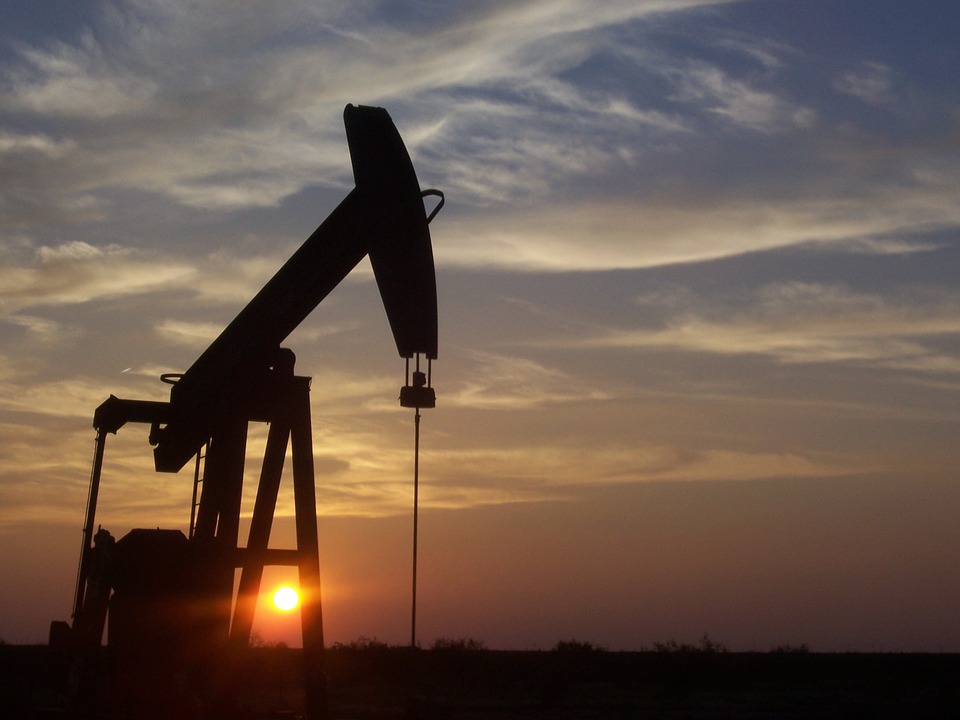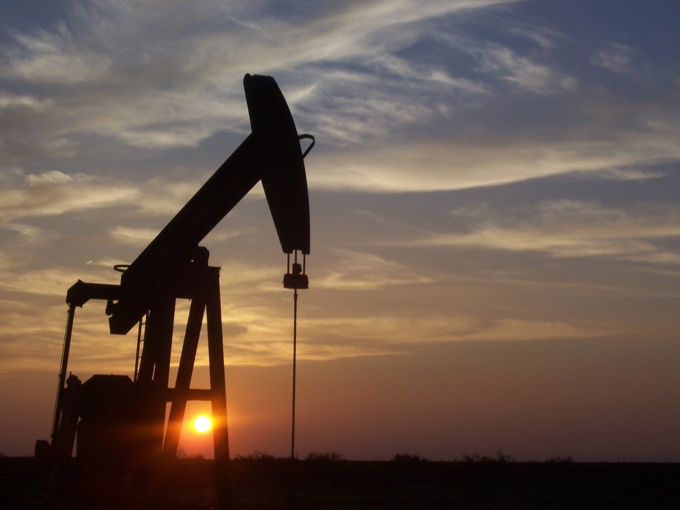At the same time, there is a weakening of stability in many oil-producing regions outside the United States, which increases risks for both oil companies and the entire oil market, according to a new study by British consulting firm Verisk Maplecroft.
The US shale sector has endured the years of low oil prices, although with some losses. The main conclusion is that the producers of shale oil "can survive the fall in prices and respond quickly to their increase, thereby weakening OPEC," said James Lockhart-Smith, director of financial risks at Verisk Maplecroft.
In combination with deregulation at the federal level, the oil industry is at the center of the investment boom in America.
Meanwhile, not everything is so rosy in other parts of the world. Verisk Maplecroft experts carefully analyzed a large number of countries and compiled their own government stability index (GSI), which assesses geopolitical risks of countries for the coming years.
The results, unfortunately, are not very joyful. The number of states, which are expected to experience a sharp deterioration in stability, "far exceeds the number that will strengthen stability," the study notes. The reasons for this are very different. First of all, there are low oil prices and the degradation of democratic institutions.
"We do not believe that increasing instability necessarily ends in a coup or a large-scale political upheaval, the scenario of small, less predictable risks is more likely," notes Lockhart-Smith. "Voluntarist decisions, the probability of bribing key shareholders or problems with regulatory reforms is the main risks for projects in these countries."
Not all countries that may face a deterioration in stability are equally important for the oil market (as, for example, Romania and Kenya). In addition, the situation may even improve at first glance in some countries, but this does not reduce potential threats.
Iraq is among them. Verisk Maplecroft notes that Iraq "has a business-friendly environment," and analysts predict further stabilization.
However, even if the situation develops as favorable as possible, the risk of a collapse is very high. Among the potential catalysts are the elections scheduled for May, "deep national and religious differences and weak institutions of power."
Venezuela is another clear focus of tension. Today, the situation in this Latin American country is rapidly deteriorating both in the national economy and in the oil sector. At that, Venezuela illustrates another problem: shocks can be triggered not only by a coup, civil war or some other geopolitical event.
As an example, Verisk Maplecroft points at the "combing" of the state-owned company PDVSA after a failed coup in 2002. Oil production in the country has been steadily declining for the last 15 years, or since Venezuelan authorities fired experienced top managers from PDVSA and began to spend the received oil revenues for anything but investment in existing oil assets.
And, finally, Russia, the largest oil producer in the world, is the most intriguing example. Verisk Maplecroft sees no particular risk in the participation of Vladimir Putin in the presidential election in March. However, analysts predict a fierce struggle between liberals and conservatives of the Russian political elite for the place of Putin's successor.
In the short term, there are two main geopolitical threats to the oil market: the Korean Peninsula War and the military conflict between Iran and Saudi Arabia. Although the probability of these two events is not very high, they can negatively affect the oil market.
source: OilPrice.com
The US shale sector has endured the years of low oil prices, although with some losses. The main conclusion is that the producers of shale oil "can survive the fall in prices and respond quickly to their increase, thereby weakening OPEC," said James Lockhart-Smith, director of financial risks at Verisk Maplecroft.
In combination with deregulation at the federal level, the oil industry is at the center of the investment boom in America.
Meanwhile, not everything is so rosy in other parts of the world. Verisk Maplecroft experts carefully analyzed a large number of countries and compiled their own government stability index (GSI), which assesses geopolitical risks of countries for the coming years.
The results, unfortunately, are not very joyful. The number of states, which are expected to experience a sharp deterioration in stability, "far exceeds the number that will strengthen stability," the study notes. The reasons for this are very different. First of all, there are low oil prices and the degradation of democratic institutions.
"We do not believe that increasing instability necessarily ends in a coup or a large-scale political upheaval, the scenario of small, less predictable risks is more likely," notes Lockhart-Smith. "Voluntarist decisions, the probability of bribing key shareholders or problems with regulatory reforms is the main risks for projects in these countries."
Not all countries that may face a deterioration in stability are equally important for the oil market (as, for example, Romania and Kenya). In addition, the situation may even improve at first glance in some countries, but this does not reduce potential threats.
Iraq is among them. Verisk Maplecroft notes that Iraq "has a business-friendly environment," and analysts predict further stabilization.
However, even if the situation develops as favorable as possible, the risk of a collapse is very high. Among the potential catalysts are the elections scheduled for May, "deep national and religious differences and weak institutions of power."
Venezuela is another clear focus of tension. Today, the situation in this Latin American country is rapidly deteriorating both in the national economy and in the oil sector. At that, Venezuela illustrates another problem: shocks can be triggered not only by a coup, civil war or some other geopolitical event.
As an example, Verisk Maplecroft points at the "combing" of the state-owned company PDVSA after a failed coup in 2002. Oil production in the country has been steadily declining for the last 15 years, or since Venezuelan authorities fired experienced top managers from PDVSA and began to spend the received oil revenues for anything but investment in existing oil assets.
And, finally, Russia, the largest oil producer in the world, is the most intriguing example. Verisk Maplecroft sees no particular risk in the participation of Vladimir Putin in the presidential election in March. However, analysts predict a fierce struggle between liberals and conservatives of the Russian political elite for the place of Putin's successor.
In the short term, there are two main geopolitical threats to the oil market: the Korean Peninsula War and the military conflict between Iran and Saudi Arabia. Although the probability of these two events is not very high, they can negatively affect the oil market.
source: OilPrice.com



















